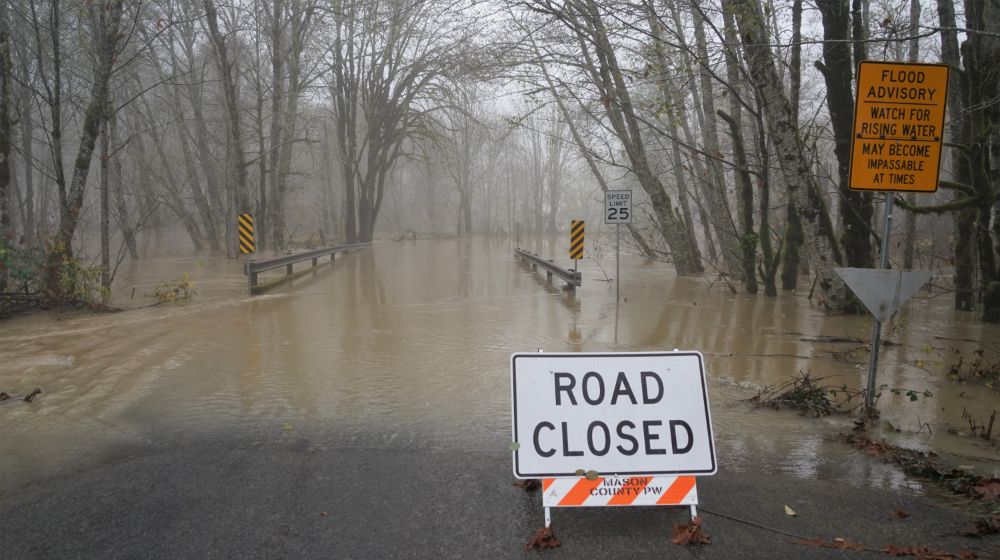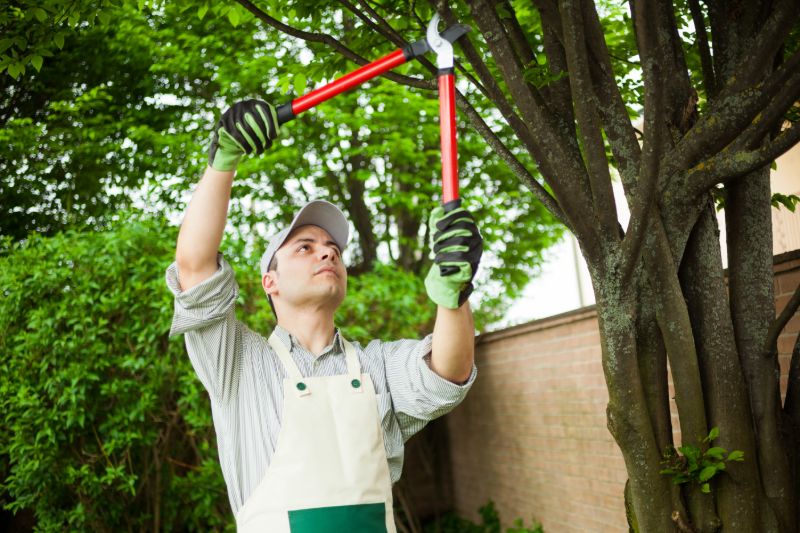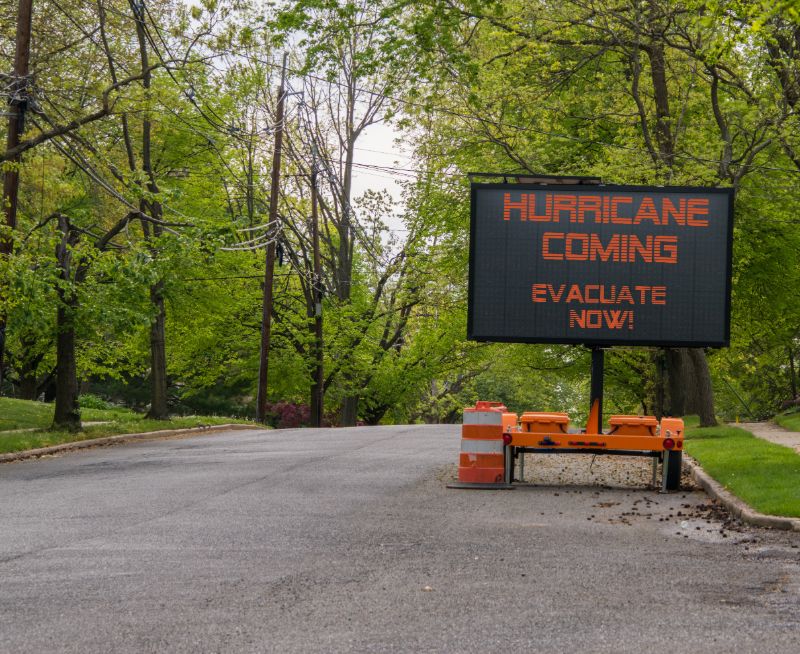Featured
Hurricane Survival Guide For Every Prepper

With hurricane season right on top of us and natural disasters wreaking unprecedented havoc in recent years, getting ready has never been more important.
Equip yourself with all the necessary disaster know-how with this complete hurricane survival guide.
RELATED: Why Disaster Preparedness Is Important: Take Action Now
Hurricane Survival Guide | 5 Things to Remember to Keep Your Family Safe for Hurricane Season
1. Make Necessary Preparations

Planning for hurricane season, especially with the COVID-19 pandemic still amidst us, can be extremely stressful. However, it is during these times that making the necessary preparations is even more critical.
- Start by familiarizing yourself with the lay of the land.
In the North Pacific, hurricane season often begins in the middle of May. In the Atlantic and Caribbean, it starts in early June. They often end before December comes in.
This knowledge should help you keep a schedule for your hurricane preparation plans. It will tell you when it’s time to start buying emergency food or maybe start securing the roof of your home and checking for leaks.
- Next, write down emergency numbers in your local area.
It’s important to keep them where they’re always visible. Preferably, have them listed down near your phones and program them into your mobiles as well.
- May sure you know where the nearest emergency shelters are.
Map out the routes you can take going there in the event of flooding.
Remember, you cannot stop an incoming hurricane or tropical storm. You can, however, take steps to make sure you and your family are protected should it come.
2. Understand Storm Categories and Weather Alerts

Knowledge is power. When it comes to surviving a hurricane, it is important to keep yourself informed about possible incoming hurricanes and the different categories and alerts that are typically broadcast about them.
You might hear alerts on your local news channel classified into two. These include:
- A hurricane watch – These are issued when there is a possibility for a certain area to experience hurricane conditions (those with sustained winds of at least 74 miles per hour). Authorities typically issue this type of alert 2 days before they expect tropical-storm-force winds (those with sustained winds of 39 to 73 miles per hour) to begin.
- A hurricane warning – These are issued when hurricane conditions are already expected in a certain area. Authorities often announce a hurricane warning 36 hours before the expected arrival of tropical-storm-force winds.
Furthermore, you can also consult the National Oceanic and Atmospheric Administration’s Saffir-Simpson Hurricane Wind Scale. It details the different hurricane categories, the strength of the winds they bring, as well as the expected damage they’ll cause.
If you’re listening to the news and you hear that a Category 2 hurricane is coming, you know that trees may be uprooted and power outages are expected. With that, you can prioritize trimming your tree branches and charge mobile devices and power banks.
3. Know What Supplies You’ll Need

No hurricane survival guide would be complete without a list of essential items you should stock up on. These include:
- First aid kits
- Emergency power sources
- Emergency food supply
- Water or a water filtration system
- Fire extinguisher
- Radio
Water is your number one priority in any disaster scenario. If you can, try to store 1 gallon per person per day for every member of your household. Purchase clean drinking water from your local grocery, or store some in containers if you are on a budget.
When it comes to food, buy foods that will last for at least a few months. You can start building an emergency food supply months before the start of the hurricane season. Check on this now and then and rotate out the ones that are close to their expiry date.
Make sure to take note of any special food or medication needs members of your family might have. This is especially true if you live with children or senior citizens at home. If you can, get food that the members of your family love. This will help boost morale, which is especially important to maintain during disasters.
Additionally, make sure to secure important documents such as passports, IDs, and other medical documents. Should you need to evacuate, it’s important that you can easily bring these along.
RELATED: Natural Disaster: Surviving Mother Nature’s Fury
4. Prepare Your Home for Possible Damages

Start by running through the emergency plan with the entire family. Make sure to orient everyone, especially your kids, about what to do in every scenario.
It would be best if you also cleared your yard of anything that could blow around and cause damage to your home. Move all lawn furniture, grills, bikes, propane tanks, and other building materials inside your home. If your house has trees, you should also cut off branches that may snap during the hurricane.
If necessary, cover up windows and doors as well. You can nail strips of plywood on the outside window frames to protect them from flying debris.
Be ready as well to turn your house’s power supply off. If you see downed power lines, flooding, or if you need to leave your home, make sure to switch the power off.
5. Get Ready to Evacuate

The last tip on this hurricane survival guide is to always be ready to evacuate. Authorities will typically announce this on all news channels, whether it be tv, radio, or social media. Keep your ears open for such news.
If you own a car, make sure to fill the gas tank at least a day before the hurricane is expected to arrive. Move them into your garage or anywhere covered once the hurricane hits. It is also a good idea to keep a separate emergency kit inside your car.
As soon as you hear authorities telling you to evacuate, do it. Grab your emergency kit (if you don’t have one in the car) and take only what is truly essential such as chargers, IDs, cellphones, and cash. Turn off your house’s main power supply as well.
Follow the roads you mapped out before the hurricane. Make sure to listen to the radio for updates, as well as some roads may be flooded or blocked by debris.
No hurricane survival guide would be complete without a list of must-have items for your family. Make sure your hurricane survival kit is complete with this video courtesy of DropForgedSurvival:
You cannot stop an incoming hurricane or tropical storm, but you can control how you react to it. Make sure you’re prepared for even the worst hurricanes by following the hurricane survival guide above.
[poll id=”101″]
Do you have questions about our hurricane survival guide? Ask them in the comments section below!
Up Next:
- Do You Have A Home Disaster Survival Kit? Here’s How To Make One
- Disaster Communication For Preppers | Preparedness
- Top 10 Survival Foods That You Can Get On Your Next Grocery Trip
Calling all preppers, craftsmen, bushmasters, outdoorsmen, and all-around skilled people, Survival Life needs YOU! Click here if you want to write for us.
Don’t forget to stay connected with us on Facebook, Twitter, Pinterest, and Instagram!
-

 Do It Yourself7 months ago
Do It Yourself7 months agoParacord Projects | 36 Cool Paracord Ideas For Your Paracord Survival Projects
-

 Do It Yourself9 months ago
Do It Yourself9 months agoHow To Make Paracord Survival Bracelets | DIY Survival Prepping
-

 Do It Yourself9 months ago
Do It Yourself9 months ago21 Home Remedies For Toothache Pain Relief
-

 Do It Yourself10 months ago
Do It Yourself10 months agoSurvival DIY: How To Melt Aluminum Cans For Casting
-

 Exports8 months ago
Exports8 months agoAre Switchblades Legal? Knife Laws By State

